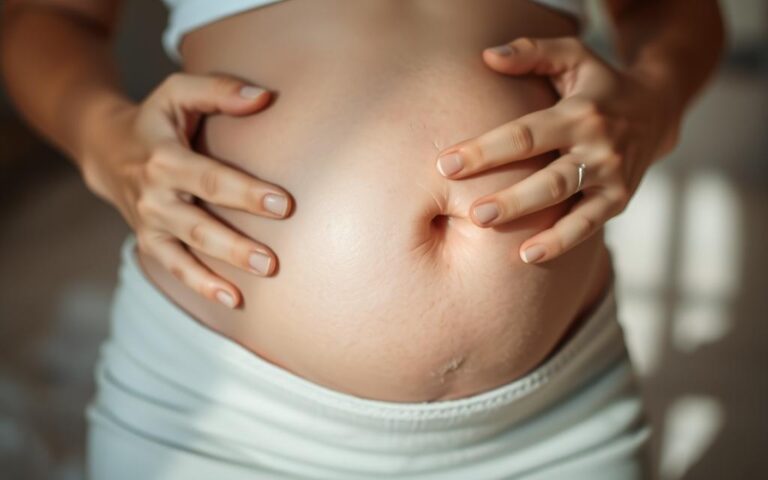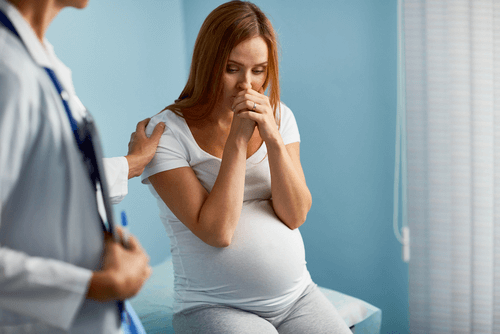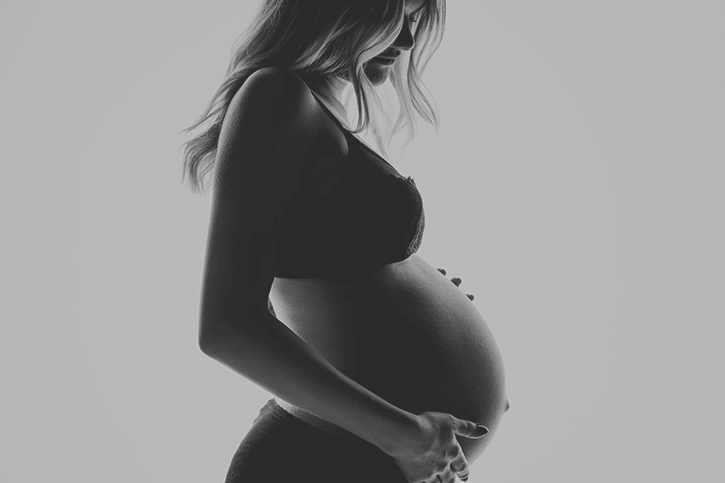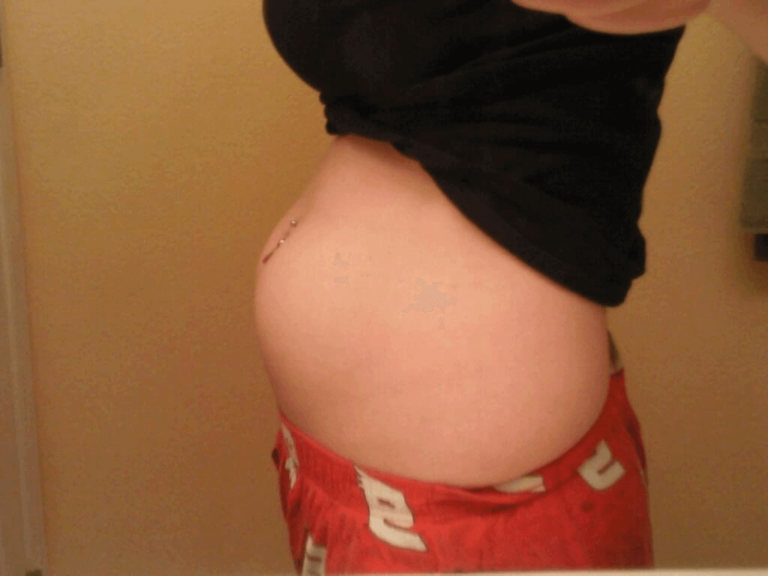Impact of Age on Miscarriage Risks: Understanding the Statistics
Introduction
Age plays a significant role in pregnancy and fertility, directly affecting the chances of conception and the risk of miscarriage. As women age, their reproductive health changes, making pregnancy more challenging and increasing the chances of pregnancy loss. In this article, we’ll explore the relationship between age and miscarriage risk, backed by scientific data, and provide tips on how to manage fertility and reduce risks at various stages of life.
Understanding Miscarriage
What Is a Miscarriage?
A miscarriage is the spontaneous loss of a pregnancy before the 20th week. It is a common occurrence, affecting about 10-20% of known pregnancies, though the actual number may be higher due to early unrecognized losses.
Types of Miscarriage
- Chemical Pregnancy: Early loss before the fifth week.
- Missed Miscarriage: The fetus stops developing, but no symptoms appear immediately.
- Recurrent Miscarriage: Three or more consecutive losses.
- Blighted Ovum: The fertilized egg implants but doesn’t develop properly.
How Age Affects Fertility and Pregnancy
Egg Quality and Quantity
- Egg Quality: As women age, egg quality declines, increasing the risk of genetic abnormalities.
- Ovarian Reserve: Women are born with a limited number of eggs, which decrease in both quantity and quality after age 35.
Hormonal Changes
- Hormone levels like estrogen and progesterone decline with age, making ovulation and implantation less effective.
Age-Related Miscarriage Risk by Decades
In Your 20s
- Miscarriage Risk: Around 10-15%.
- Why It’s Lower: Younger women have healthier eggs and stronger reproductive systems.
In Your 30s
- Early 30s: Miscarriage risk is 15-20%.
- Late 30s (35-39): Risk increases to 25-30% due to declining egg quality.
In Your 40s
- Miscarriage Risk: Between 40-50%.
- Challenges: Higher chances of chromosomal abnormalities, declining ovarian reserve, and uterine issues.
At Age 45 and Beyond
- Miscarriage Risk: Over 50%, with chances of a successful pregnancy being very low without fertility treatments like IVF.
Medical Reasons for Age-Related Miscarriages
- Chromosomal Abnormalities: The leading cause of age-related pregnancy loss.
- Uterine Problems: Fibroids, scar tissue, and other uterine abnormalities are more common with age.
- Egg Quality Decline: Older eggs are more prone to genetic mutations.
- Health Conditions: Hypertension, diabetes, and thyroid disorders increase with age, raising pregnancy risks.
Statistics on Age and Miscarriage Rates
- Under 30 Years Old: 10-15% miscarriage rate.
- 30-34 Years Old: 15-20%.
- 35-39 Years Old: 25-30%.
- 40-44 Years Old: 40-50%.
- 45+ Years Old: 50-80%, depending on individual health and fertility treatments.
Common Age-Related Pregnancy Complications
- Ectopic Pregnancy: Occurs when the embryo implants outside the uterus.
- Preterm Birth: Higher risk after age 35 due to weakened cervix and uterine issues.
- Preeclampsia: A serious condition involving high blood pressure and organ damage.
When to See a Fertility Specialist
- Under Age 35: After 12 months of trying without success.
- Age 35-40: After 6 months of trying.
- Over Age 40: Seek immediate evaluation.
Preventing Miscarriage in Advanced Maternal Age
- Healthy Diet and Exercise: Maintain a balanced diet rich in folate, iron, and omega-3 fatty acids.
- Prenatal Vitamins: Start taking prenatal vitamins before conception.
- Medical Monitoring: Regular check-ups and prenatal care are critical.
- Fertility Treatments: IVF with preimplantation genetic testing (PGT) may improve chances.
For more on maintaining a healthy pregnancy, read this First-Trimester Survival Guide.
Diet and Nutrition for Healthy Pregnancy
- Leafy Greens: Rich in folic acid to prevent neural tube defects.
- Lean Proteins: Essential for fetal development.
- Antioxidant-Rich Foods: Berries, nuts, and seeds protect against cell damage.
Check out this guide on food aversions and appetite changes during pregnancy to manage common pregnancy-related eating challenges.
Emotional Impact of Age-Related Miscarriage
Pregnancy loss can trigger feelings of grief, guilt, and hopelessness. Coping strategies include:
- Counseling or Therapy: Professional support can help manage anxiety and depression.
- Support Groups: Connect with others who’ve experienced similar losses.
- Mindfulness and Meditation: Reduces stress and improves emotional well-being.
FAQs About Age and Miscarriage Risk
1. Can I get pregnant after 40?
Yes, but the chances decrease significantly. Consider consulting a fertility specialist early.
2. How does age affect miscarriage risk?
Miscarriage risk increases due to declining egg quality, hormonal changes, and health conditions.
3. Can lifestyle changes reduce miscarriage risk?
Yes, maintaining a healthy diet, exercising, and managing chronic conditions can help.
4. When should I see a doctor about pregnancy after 35?
If you’ve been trying for six months without success or have had previous miscarriages.
5. Are fertility treatments effective after 40?
Yes, IVF with genetic testing can improve success rates.
Conclusion
While age is a critical factor in pregnancy and miscarriage risk, modern medical advances offer hope for women of all ages. Early medical care, lifestyle adjustments, and emotional support can increase the chances of a successful pregnancy. Stay proactive, informed, and optimistic about your fertility journey.






